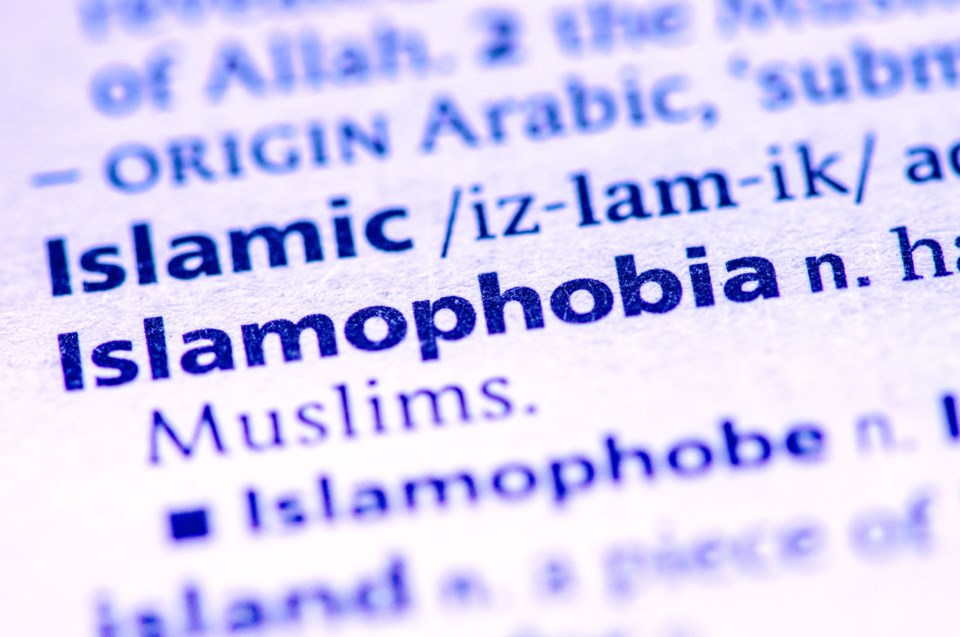In the last few years, Quebec has faced public scrutiny for introducing and passing Bill 21 and Bill 96.
Bill 21, adopted in June 2019, bans public school teachers, government lawyers, judges and police officers from wearing religious symbols while at work.
Bill 96, meanwhile, was adopted in May 2022 and beefs up the province's language laws. That includes a cap on the number of students who can attend English-language CEGEPs (junior colleges). Students at that level must also take additional French courses. The French language obligations also impact businesses, the courts and public services.
Despite some Quebecois views that the bills aren't discriminatory, studies like "Law 21: Discourse, Perceptions & Impacts" from the Association for Canadians Studies published in 2022, confirm legislation acts like these reinforce and encourage prejudice and stigmatization.
In fact, Quebec held the highest perception of Canadians who have a negative view of Islam, compared to the rest of the nation, a recent Angus Reid poll found.
Where 39 per cent of surveyed Anglo-Canadians viewed Islam in a negative light, the statistic increased to 52 per cent for Quebecers. The poll emphasizes that positive views exist but are more muted in the province.
Still, among the major religions including Buddhism, Judaism, Hinduism, Sikhism and Christianity, Canadians showed the least favourable view of Islam, similar to Quebecers.
Younger, more educated Canadians
Age, gender and education play significant roles in whether Anglo- and Francophone Canadians had negative views of Islam.
The poll states Gen Z and millennial Canadians are more likely to have favourable views of Islam, especially if they went through post-secondary education.
Quebecers who hold the most negative attitudes towards Islam are more likely to vote for Bloc Quebecois, or the Conservative Party of Canada (CPC), Angus Reid found. This finding is similar for the rest of Canada, with CPC voters making up the largest group of individuals who view Islam negatively.



